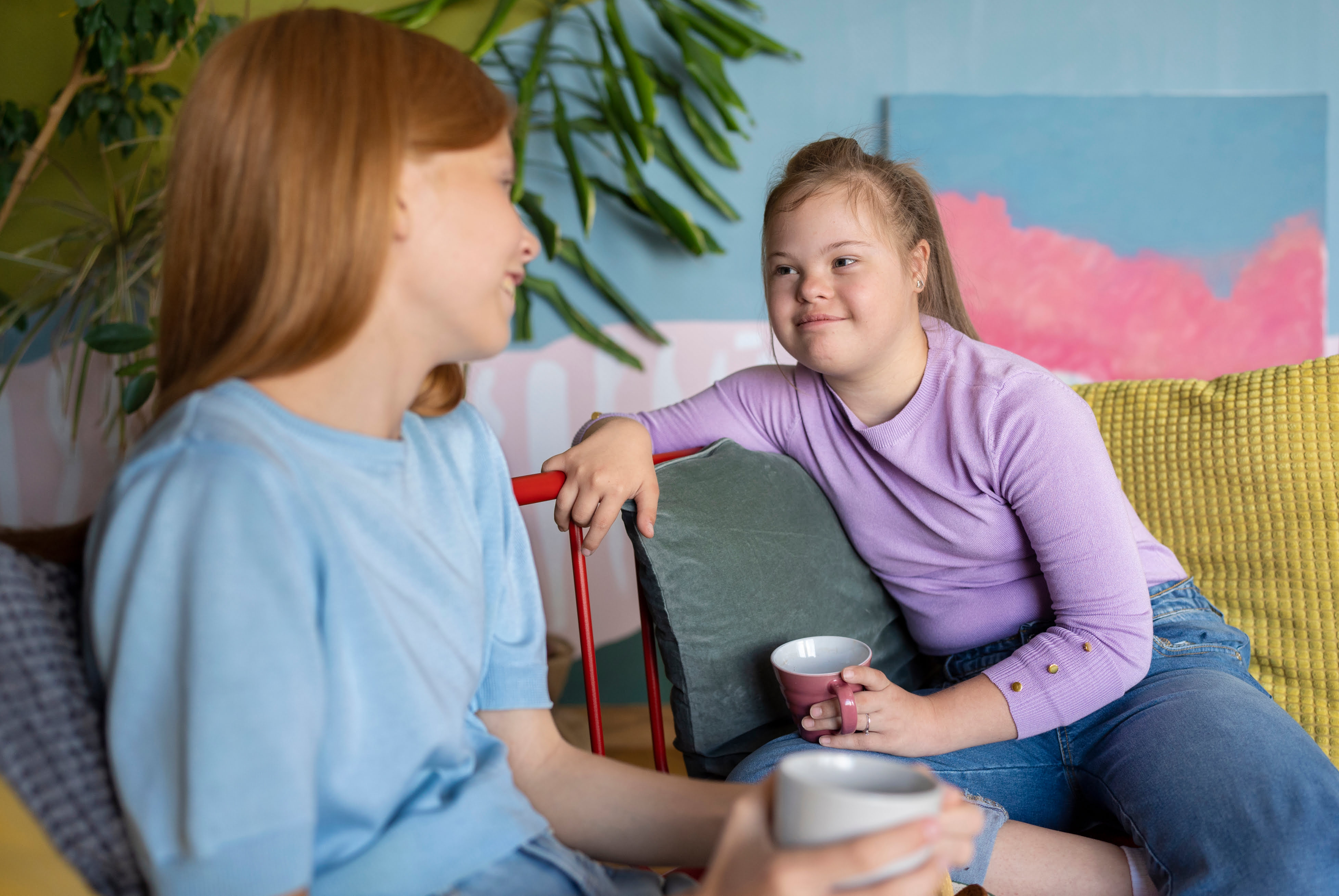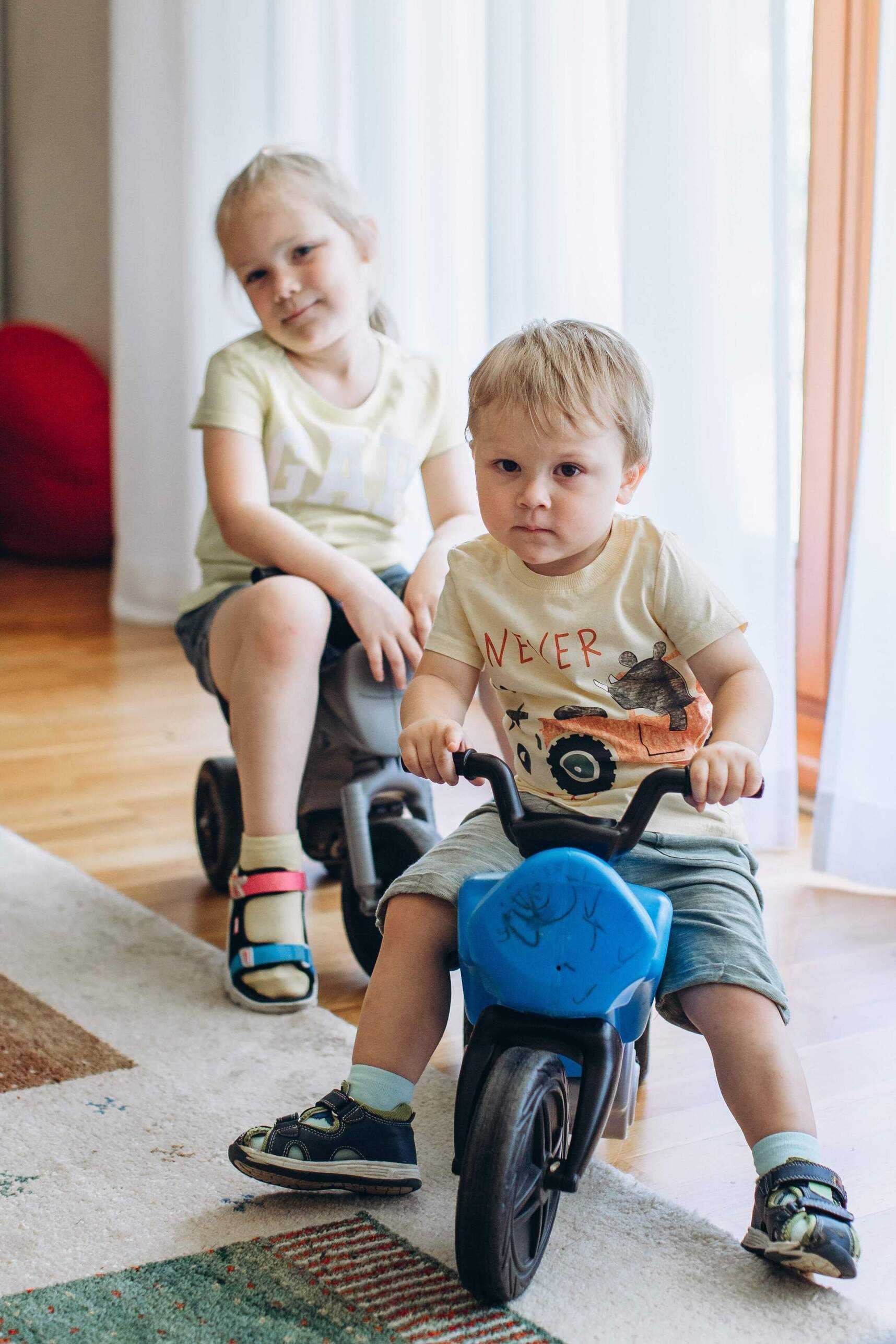Navigating Regression in Autism: Why It Happens and How to Respond

Development is not always a straight path forward. For some children living with autism, there may be times when skills that were once gained, such as using words to communicate, making eye contact, or engaging in play, begin to fade or disappear. This is known as developmental regression, and while it can be concerning, it is not uncommon. Most importantly, it’s something that can be understood, supported, and responded to in ways that empower both children and families.
At the Lizard Centre, we believe that every child’s developmental journey is unique, and that with the right supports, children who experience regression can continue to grow, thrive, and shine in their own way.
What Is Regression in Autism?
Developmental regression refers to a loss of previously acquired skills, usually in the areas of language, social interaction, or play. In children with autism, regression typically occurs between the ages of 15 and 30 months, although it can happen earlier or later. Not every child on the spectrum experiences regression, and for those who do, the pattern and severity can vary greatly.
Some families report that their child was beginning to speak in single words and interact with others, only to stop using those words or withdraw socially over time. In other cases, the regression might be more subtle, such as a child who once enjoyed pretend play may suddenly lose interest, or a child who made eye contact regularly might begin to avoid it.
It’s important to note that regression doesn’t mean the loss is permanent, nor does it signify a halt in the child’s overall development. Many children who experience regression go on to make meaningful gains, especially when supported with evidence-based strategies and a nurturing, responsive environment.
Why Does Regression Happen?
The causes of regression in autism are still being explored, and it’s likely that no single explanation fits every child. However, current research and clinical experience suggest several possible factors:
- Neurological Differences
Autism is a neurodevelopmental condition, and regression may reflect natural variations in how the brain develops and processes information. Some studies suggest changes in synaptic connections, how brain cells communicate, might play a role in the loss of certain skills.
- Sensory Overload or Stress
Children on the spectrum often have heightened sensitivities to sound, light, touch, or other sensory inputs. A child who feels overwhelmed or stressed may withdraw or stop engaging in behaviours that once seemed comfortable. This isn’t a step backwards, but rather a signal that the child is trying to cope with something in their environment.
- Medical Conditions
Underlying health concerns, such as sleep disturbances, seizures, gastrointestinal issues, or infections, can also contribute to regression. If a child suddenly begins to lose skills, it’s important to consult a medical professional to rule out any physical health factors.
- Natural Variation in Development
All children grow and change at their own pace. For some, development is non-linear: gains may be followed by plateaus, pauses, or even temporary regressions before moving forward again. This is particularly true for children with autism, whose developmental patterns may not align with typical milestones.
Recognising the Signs of Regression
Because regression can look different for every child, it’s important to stay attuned to your child’s individual communication, behaviour, and interactions. Some signs to look for include:
- A noticeable reduction or loss in spoken language
- Less interest in social interactions or play
- Changes in eye contact or facial expressions
- Withdrawing from family members or peers
- Repetitive behaviours becoming more frequent or intense
If you notice these changes, it’s helpful to document what you’re seeing and when it occurs. This can support conversations with your GP, paediatrician, or therapy team, and help inform the next steps.
Responding to Regression with Care and Confidence
While it’s natural to feel concerned when a child shows signs of regression, it’s equally important to approach the situation with compassion, patience, and hope. With the right strategies in place, many children can not only regain lost skills but also build new ones.
- Seek Professional Guidance
Early intervention is key. If you’re noticing signs of regression, reach out to professionals experienced in autism, such as developmental paediatricians, speech pathologists, or behaviour therapists. They can assess your child’s needs and recommend a tailored plan.
At the Lizard Centre, we use Applied Behaviour Analysis (ABA), which is an evidence-based approach that focuses on understanding behaviour and teaching new skills through positive reinforcement. ABA programs are always customised to the child’s strengths, interests, and goals, and can be highly effective in supporting recovery after regression.
- Create a Supportive Environment
Children thrive when they feel safe, heard, and valued. Ensure your child’s environment, whether at home, school, or in therapy, provides predictability, structure, and positive reinforcement. Celebrate small wins and offer plenty of encouragement along the way.
- Build on Strengths
Focus on what your child can do and enjoys doing. These strengths can be stepping stones for rebuilding skills that may have faded. For instance, if a child enjoys music but has stopped using words, singing familiar songs together might be a gentle way to encourage verbal communication again.
- Practice Patience and Self-Compassion
Regression is not a reflection of your parenting or your child’s potential. It’s a part of some children’s developmental journey, and you are not alone. Support groups, online communities, and services like the Lizard Centre can connect you with others who understand what you’re going through and offer encouragement from a place of shared experience.
- Monitor Progress, Not Perfection
Set realistic goals, and understand that progress may come in small, meaningful steps. Keep track of changes, and revisit strategies that seem to work. It’s okay to adjust your approach as your child’s needs evolve.
Looking Ahead with Hope
Autism is a lifelong neurodivergence, not a problem to fix. Regression, while challenging, is not the end of the story. With understanding, care, and consistent support, many children not only regain skills but continue to blossom in ways that reflect their individuality and spirit.
At the Lizard Centre, we are proud to provide autism intervention services that allow us to walk alongside families through every stage of their journey. Whether your child is just starting to show signs of regression or you’re already navigating a new phase of development, know that you have a community behind you, and one that believes in your child’s capacity to grow, learn, and flourish.
Published On : July 7, 2025
Read more
Published On : July 7, 2025
For children, play is more than just fun. It’s also how they learn, connect, and understand the world around them. For children on the autism spectrum, play can also be a powerful gateway to learning new skills in ways that feel natural, joyful, and deeply engaging.
Published On : July 31, 2025
For many children living with autism, the world can be an overwhelming place. From unpredictable transitions to complex social cues, everyday situations often carry an added layer of challenge. One powerful, evidence-based way to support children through this complexity is the use of visual supports—tools that clarify expectations, reduce anxiety, and promote independence.

